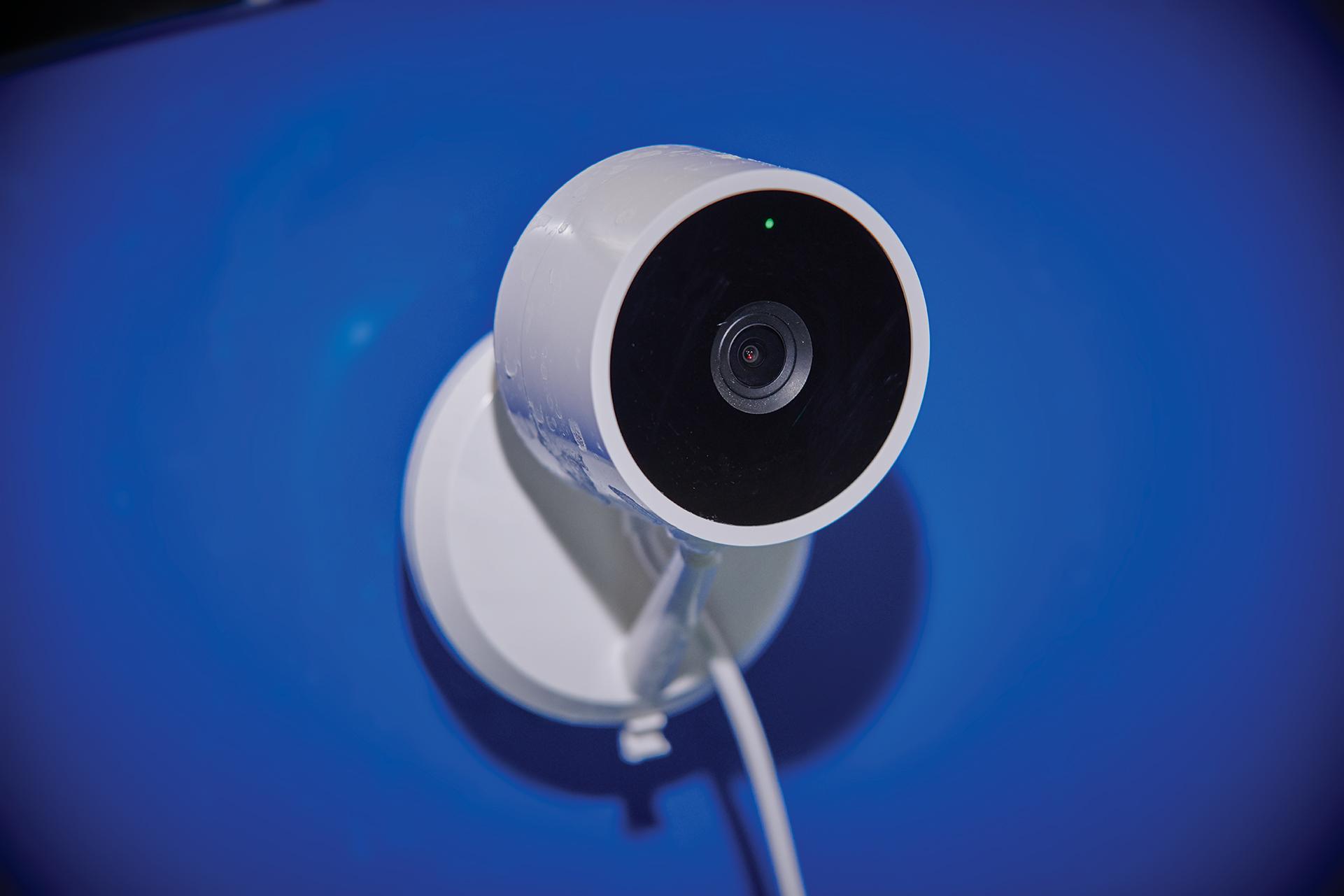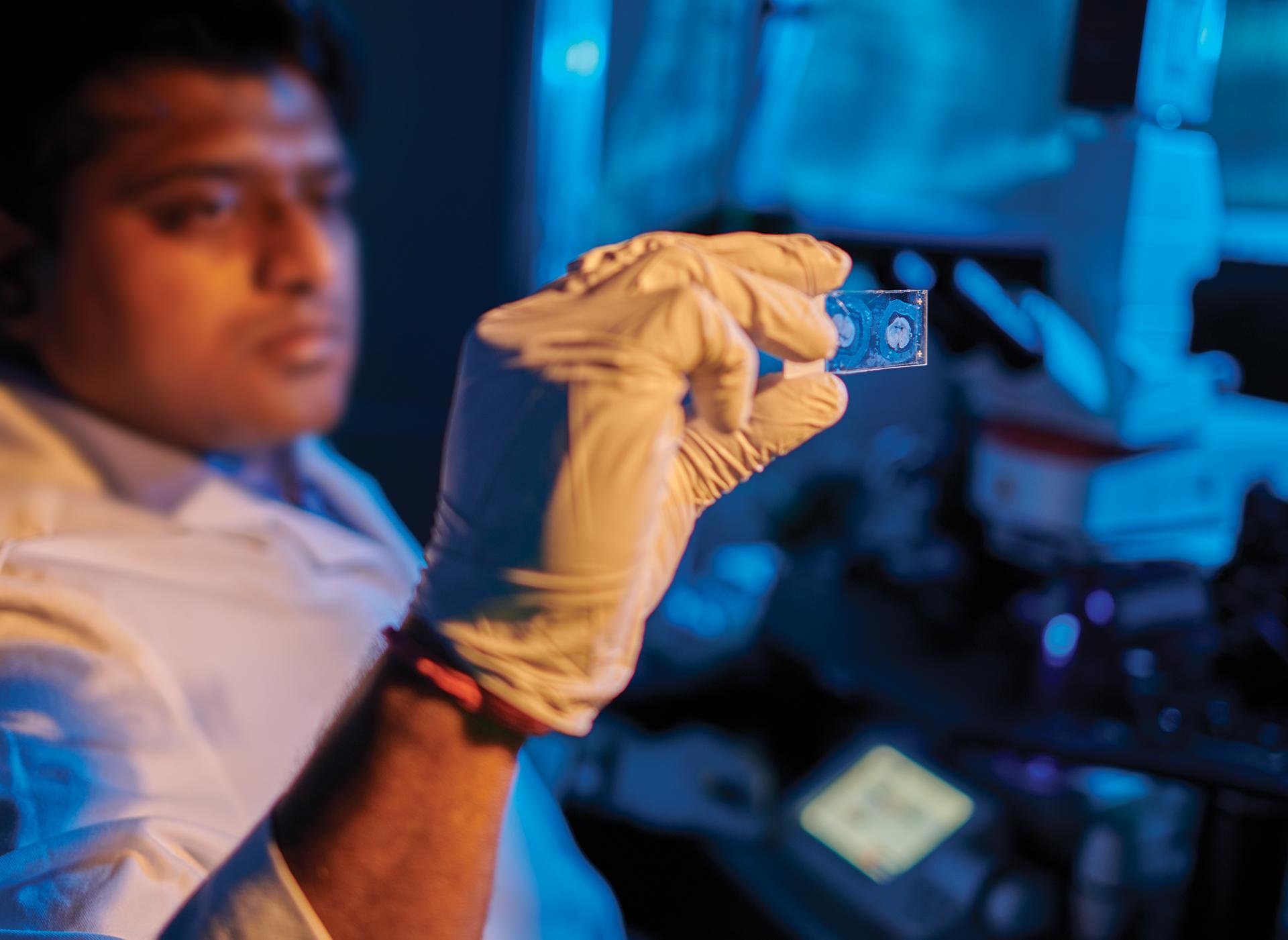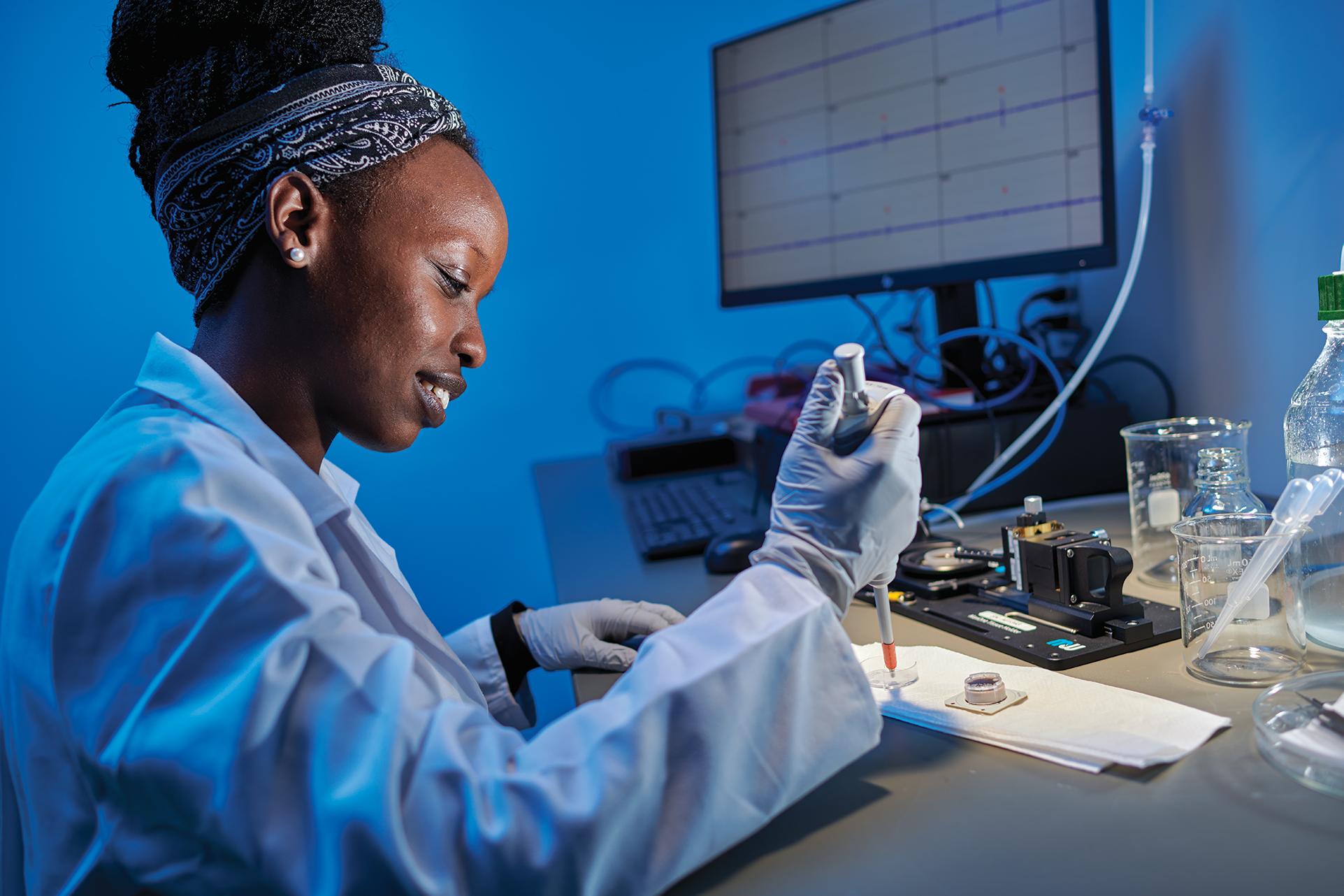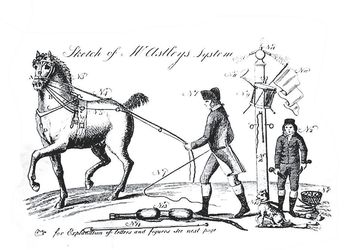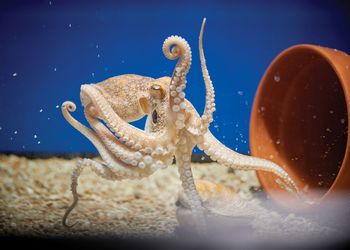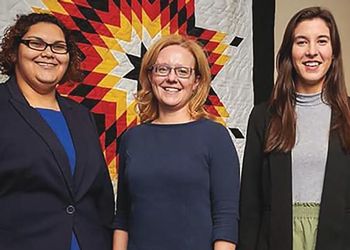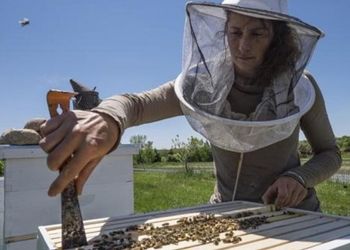Armed with Knowledge
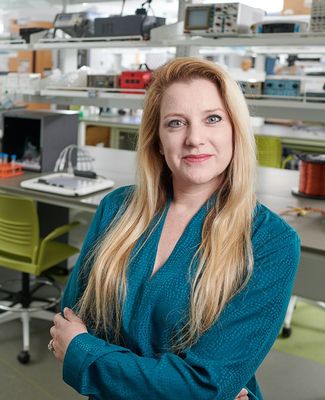
Armed with Knowledge
Professor Galit Pelled is investigating how injuries alter brain function—and is striving to discover new ways to aid those recovering from traumatic head traumatic head injuries.
April 1, 2020Professor Galit (gah-LEET) Pelled (Peh-LED) is investigating how injuries alter brain function—and is striving to discover new ways to aid those recovering from traumatic head injuries, strokes, epilepsy, spinal cord injuries and other brain disorders. Her work is supported in part by a new $2.8 million grant from The National Institutes of Health. Her research bridges biomedical engineering, radiology and neuroscience. She’s the director of the neuroengineering division at MSU’s Institute of Quantitative Health Sciences and Engineering. The scope of her examination of brains goes from cellular up to whole organisms. Here’s a glimpse of parts of her research laboratory, some of her team members and a few of the fascinating tools of their trade.
There are 300 species of octopus living in our oceans. But scientists thus far have sequenced the genome of only one, the relatively small California octopus. In one area of Pelled’s laboratory, four separate saltwater tanks each hold a single such octopus.
Like their counterparts the world over, they’re intelligent, can solve puzzles and are known to be escape artists. They’re good study subjects because they possess about two-thirds of their neurons in their arms, which function relatively autonomously. Using video recordings and artificial intelligence, scientists in Pelled’s lab can glean detailed information on how an octopus waves its tentacles and grabs objects.
If these movements can be described in mathematical terms, it may be possible to create an arm brace one’s brain could control. Pelled said one of the actions desired most by people who’ve lost the use of their arms is the ability to pick things up and hold them.
Small, glass catfish native to Thailand swim in a separate freshwater tank nearby. Pelled and her husband, Assaf Gilad, a professor of biomedical engineering and radiology, have discovered an electromagnetic gene in this species. The discovery has the potential to revolutionize treatments for humans and help those who suffer from tremors related to Parkinson’s disease and epilepsy.
In other research, team members are striving to find improved methods for treating traumatic brain injuries in children.
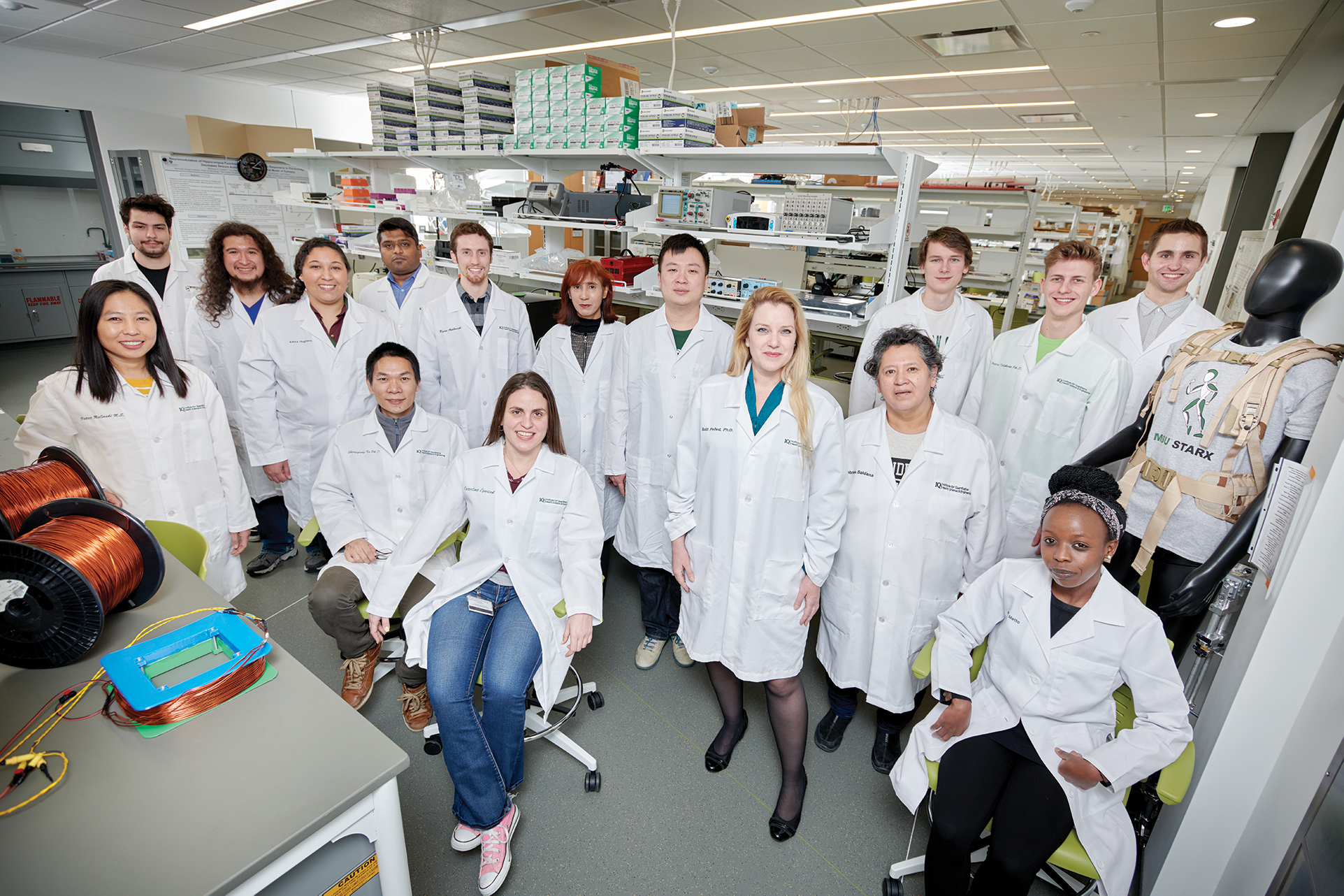
“We’re so fortunate to be here and have the absolute finest research tool,” Pelled said. “We come in every morning, and there are new discoveries.”
Recently, she received university funding to assist in efforts to recruit and encourage minorities and women to pursue STEM degrees.
Learn more: https://pelledlab.org/



